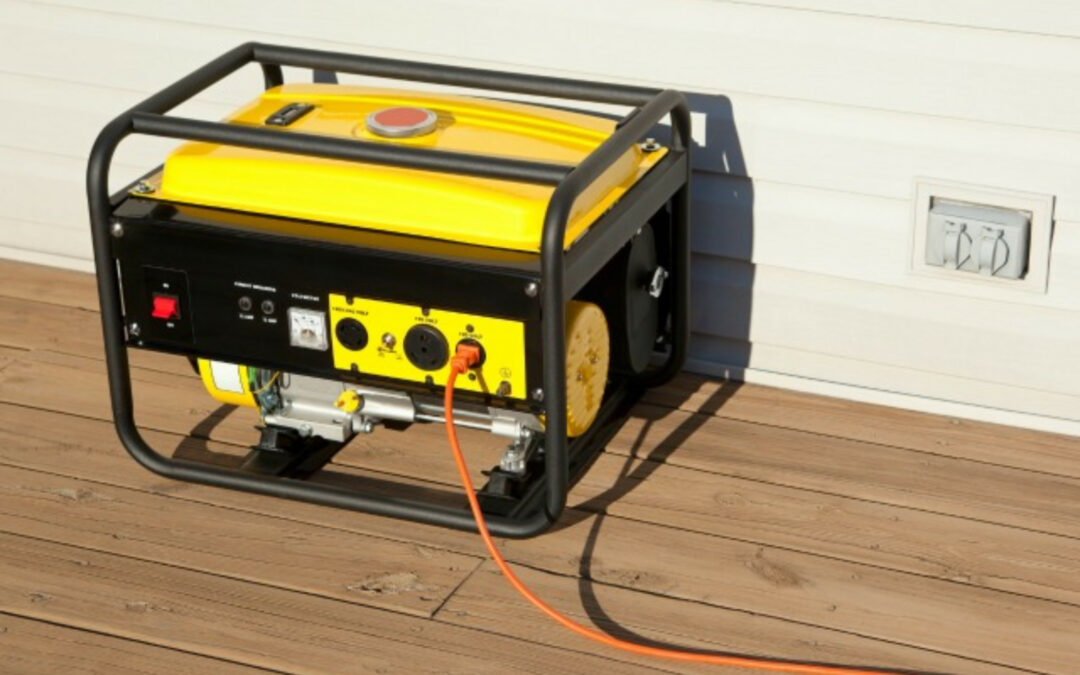Your electric power is generally reliable, but outages do happen. Extended outages can be inconvenient or uncomfortable, depending on the weather.
For many homeowners, including those with security or medical issues, reliable backup power is more than just a luxury. These concerns, combined with a growing dependence on electronic gadgets, has increased interest in backup generators. However, proper generator selection and operation is critical for the safety of your home and family.
Selecting a generator
There are two basic types of generators available: portable and standby. Portable generators are fueled by gasoline, diesel or propane. Portable units are easy to use and mobile. However, they provide limited power and must be refueled periodically.
Standby units are mounted on a concrete pad outside the home, like an air conditioning unit. The generator is connected to the home by an automatic transfer switch (ATS). Standby units are typically fueled by natural gas. They turn on automatically and don’t require refilling. Standby units, however, are typically more expensive.
Which type of generator is right for you? The answer depends on your budget, fuel cost and availability, and your backup power needs. Follow these tips to ensure safe operation no matter which type you choose…
Standby generator safety
- Make sure the unit is installed by a qualified contractor according to the National Electric Code and local building code standards.
- Don’t attempt to permanently connect your generator to the electrical system in your home or any building. The electricity generated will backfeed to outdoor power lines, where it can kill or injure service personnel attempting to restore power. The ATS prevents this from happening.
Portable generator safety
- Before starting your generator, carefully read and follow the manufacturer’s instructions.
- Generator fuel exhaust can be dangerous. Always locate your generator outside and away from windows; never run a generator inside a garage or an enclosed space.
- Handle fuel carefully. Turn the generator off before refueling and store fuel in a safe location.
- Make sure the total electrical load on your generator doesn’t exceed the generator’s rating.
- Never attempt to plug portable generators directly into an outlet or your circuit panel.
- Use only outdoor-rated, grounded extension cords sized to handle the current draw.
- Keep cords out of the way so they don’t present a tripping hazard. Never run cords underneath rugs or carpet.
For more information, see the Safe Generator Use guide from the American Red Cross.


Recent Comments